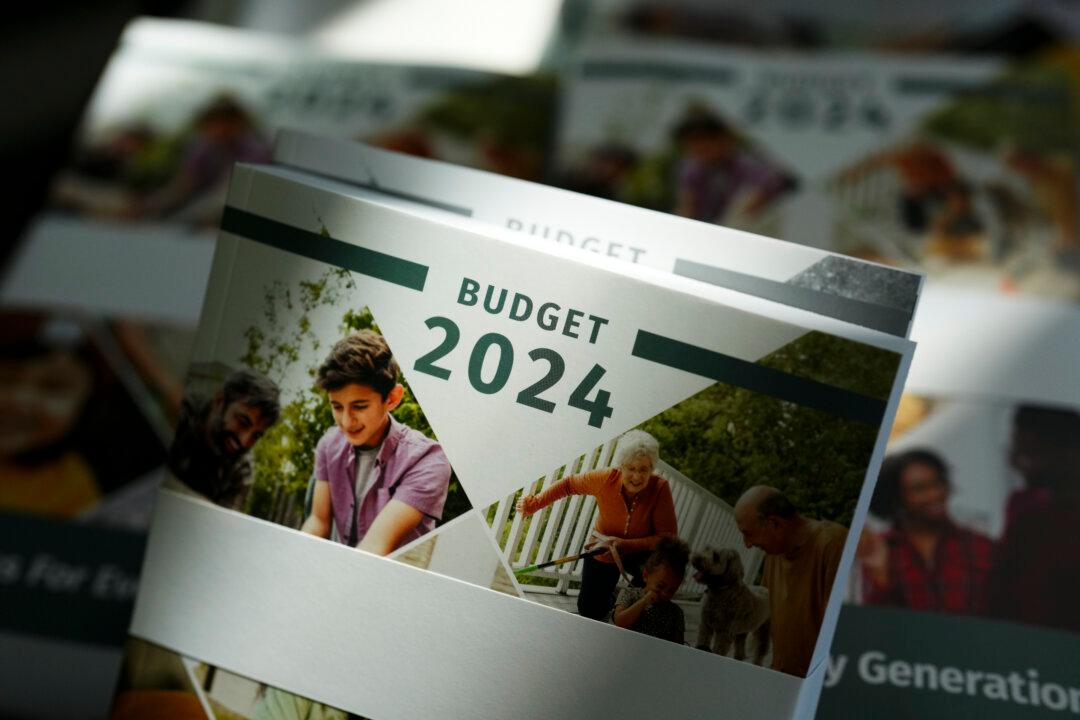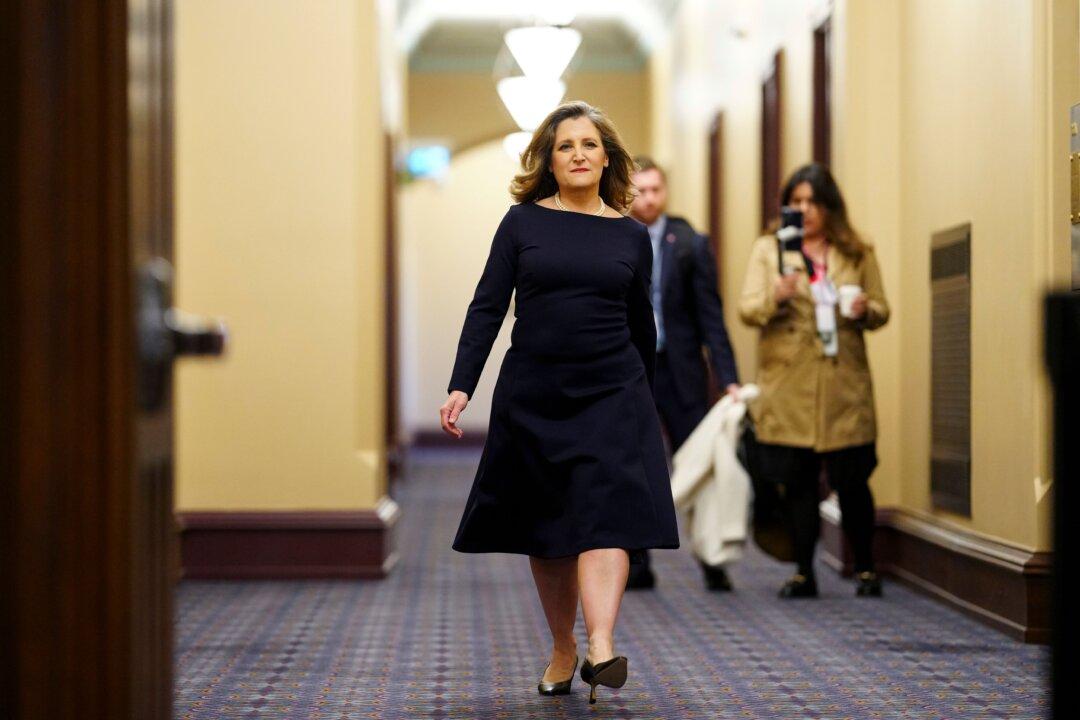While the Liberal government says higher taxes in the 2024 budget are intended to make the super-rich pay for hiked-up spending, ordinary Canadians are going to be impacted as well as they sell real estate, stocks, and other assets, say financial experts.
Since the Liberals presented their financial plan on April 16, the hottest topic for economists, accountants, and ordinary citizens has been the plan to tax a greater portion of investment profits through the higher so-called “inclusion rate” on capital gains. The new capital gains tax starts on June 25, and many low-income earners expecting a one-time gain of over $250,000 are trying to decide whether to do it now.

